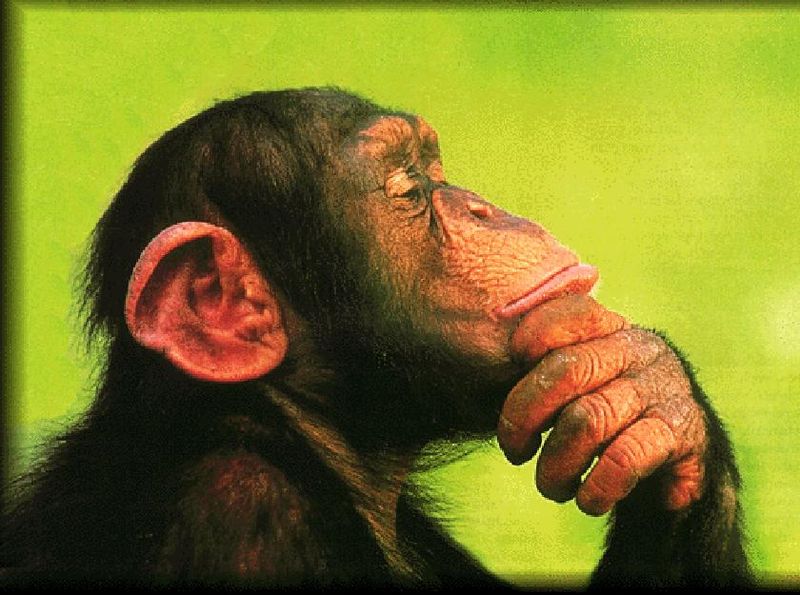A Painful Memory
I got hit in the face with a Baseball once - but the worst part was, I saw it coming the whole way.
It was the end of a big day of representative trials. I was exhausted, my legs were bloodied, and I was finishing the day out on the mound, pitching hard in a trial match. I was doing well, the count was well in my favour against this particular batter, and the Catcher returned the ball to me.
And I just watched the ball come at me, and straight at my nose.
I looked like an idiot, and felt like one too - but the simple fact of the matter is I missed the ball. My reaction was too slow, I daydreamed for a split second and I missed the opportunity to catch it, so my nose had a go.
Conditioning
Coaches spend a lot of their time and energy conditioning their players. Conditioning usually means fitness - but it involves a whole lot more. It is often hard to see from the sidelines but as a game goes on, it gets harder. Players run hard and give all they have on the field - so pain thresholds are met and energy levels drop very quickly. Quite often the deciding factor in a game depends on which players have more fuel left in the tank. So coaches will prepare their players for the rigours of competition by ensuring they are fit.
I have no doubt that if my fitness level was higher back then I would not have been hit in the face with a baseball.
Habits
But conditioning is more than just fitness, conditioning is also a great way of forming habits. Charles Duhigg talks about the benefits of Habits in his book "The Power of Habit". We learn habits to become more efficient and save time from making decisions. Imagine how much time you could waste on everyday decisions. What to eat, what to wear, where to go, how to get there. We could spend hours mindlessly debating the pros and cons of thousands of decisions. That is why we automatically do hundreds of little tasks everyday without thinking, through repetition we establish routines in a little part of our brain called the basal ganglia, and this part of our brain controls actions for us subconsciously. As a result we don't need to consciously think about many of the decisions we need to make, because they have been made in advance. We establish habits to save us time.
Coaches thus condition their players with habits so that they will make plays not as a matter of decision, but as a matter of instinct.
I can think of some good instincts that would stop a baseball from hitting my face.
Planning our Reactions
We react to things due to our habits. Our habits are our default reactions, our instincts, that occur when we are not consciously acting. If you are stressed and your kid spills milk everywhere and you react by yelling, it is because you have lost touch with your decision-making ability and you are simply reacting due to your instinct.
This is possibly why I rudely snapped at the hospital doctor at 5am this morning.
When you haven't had much sleep because your baby has been sick and crying all night, you are more likely to give an honest rather than a polite answer when the doctor asks you why you brought your baby to the hospital. I would have preferred to have planned a better reaction.
I may not be able to control my reactions, but I can shape my Character.
It is a well known adage that we need to watch our thoughts because they become our words, and we need to watch our words because they become our actions, we need to watch our actions because they become our habits, we need to watch our habits because they become our character, and we need to watch our character because it defines our destiny.
We can shape our character by intentionally leaning into destiny fulfilling thoughts. We shape our character by the books we read, by the people we spend time with, by the questions we ask.
We can set our life on a course that will crystallise into our character - and therefore most of our actions will align with it. We can start to predict our reaction because we know what we are becoming. A proactive reactive.
What is one thing you did recently that could have been a better response? What vision do you have of yourself in ten years time?
You can start to shape your character.
Lean in.
Jamie


No comments:
Post a Comment